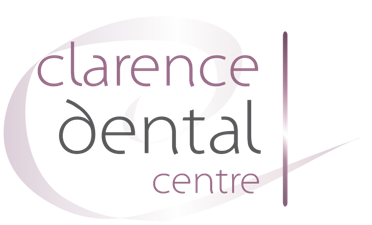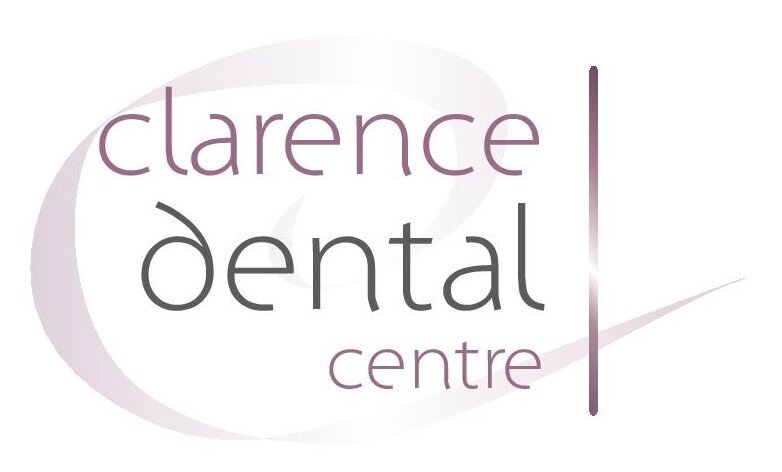Alcohol and your Oral Health
While most of us enjoy an ‘adult’ beverage now and then, it is important to be aware of the significant impact that alcohol consumption can have on your oral health. At this time of year when the weather is warming up and the party season is on its way, it’s a great time to consider your options and look after yourself!
From staining your teeth to increasing your risk of oral cancer, the effects of alcohol on your mouth can be far-reaching and serious. Here's what you need to know about the impacts of alcohol consumption on your oral health.
Staining
Alcoholic beverages, especially red wine and dark beers, can stain your teeth and cause discoloration. Over time, this staining can become more noticeable and difficult to remove. To minimize staining, you can rinse your mouth with water after drinking alcohol or use a straw to reduce contact with your teeth.
Tooth decay and acid erosion
Drinks which are based on sugary mixers are a recipe for oral health disaster when over consumed. In addition, most alcoholic beverages are high in acid, leaving the teeth prone to enamel erosion. This erosion leads to tooth sensitivity, increased wear and decay. Limit the number of sugary beverages you consume - whether alcoholic or not - and consider options which are alcohol free and/or based on low or no calorie mixers - these are becoming more and more commonly available these days!
Dehydration
Alcohol is a diuretic, which means it can dehydrate your body, including your mouth. A dry mouth can lead to bad breath, increased plaque and bacteria, and a higher risk of cavities and gum disease. To help prevent dehydration, it's important to drink plenty of water and chew sugar-free gum to stimulate saliva production.
Oral Cancer
Regular and heavy alcohol consumption has been linked to an increased risk of oral cancer, especially when combined with tobacco use. To minimize your risk, limit your alcohol intake, avoid tobacco products (including vapes), and see your dentist for regular check-ups to catch any signs of oral cancer early.
Worsening of Gum Disease
Alcohol consumption can also worsen existing gum disease or increase your risk of developing gum disease. This is due to the fact that alcohol can interfere with the body's ability to fight infections and promote inflammation in the mouth. To help maintain good gum health, it's important to practice good oral hygiene and see your dentist regularly.
By taking steps to protect your oral health and seeing your dentist regularly, you can minimise the risks and enjoy a drink now and then, without compromising your smile. There are a lot of alternatives to alcohol and high sugar beverages out there these days, so ask around and experiment - you may be pleasantly surprised! If you’d like to explore cutting down your alcohol consumption, LiveLighter have some fantastic resources available.


